Ultra HD: behind the scenes with Sky's top football director on a 4K broadcast
How Tony Mills is making the next generation of football broadcast
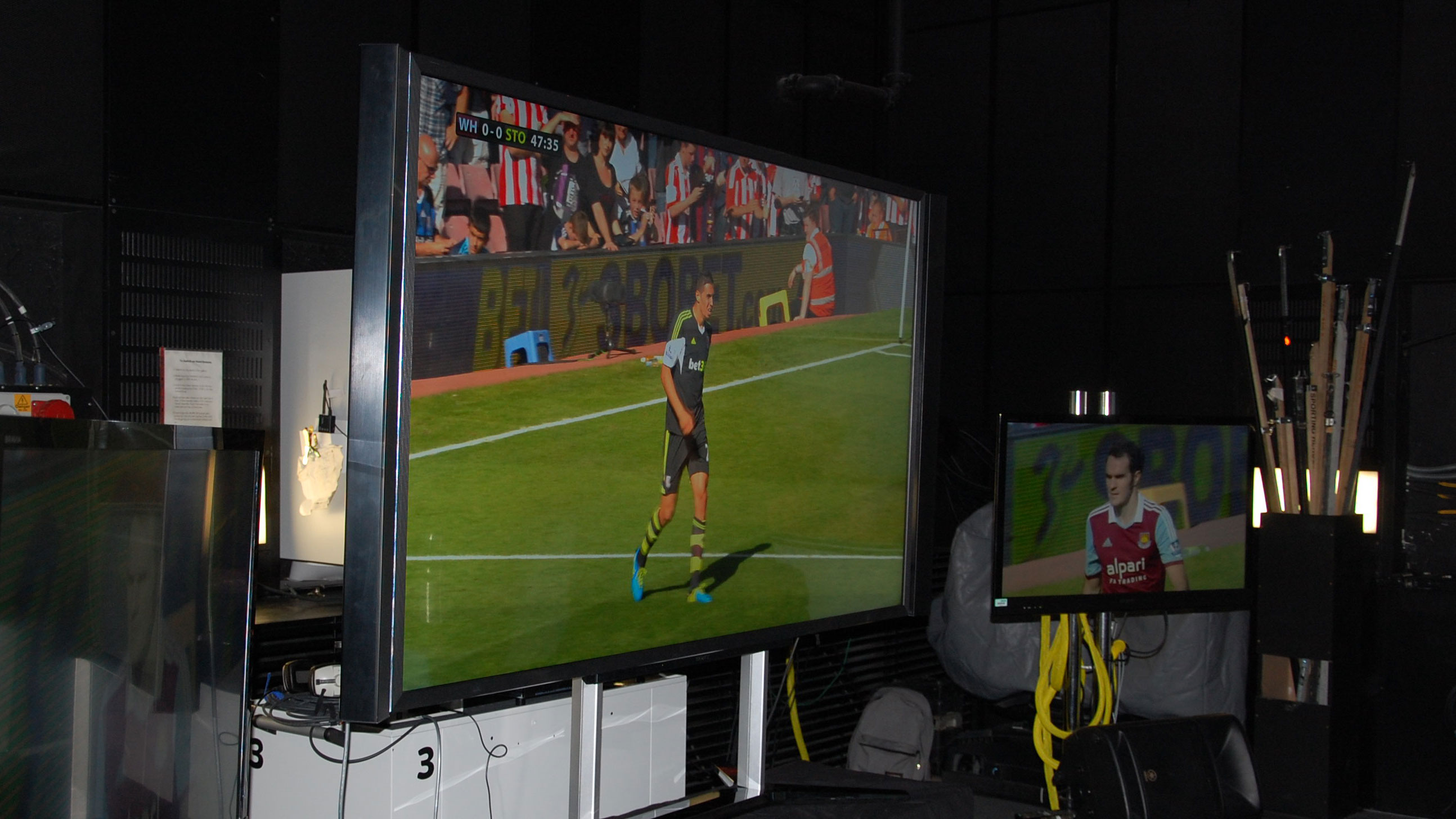
Sign up for breaking news, reviews, opinion, top tech deals, and more.
You are now subscribed
Your newsletter sign-up was successful
Football has been at the heart of Sky's success story since it picked up the Premier League rights back in the early 1990s, so when it starts to look at the next generation of broadcast technology, it's only fitting that the beautiful game serves as the test bed.
Director Tony Mills has been the go-to guy for Sky's tech trials since it broadcast its first match. He's overseen the move from standard definition to HD and was at the helm for the first 3D games as well.
And now, it is Mills in the director's chair for the first live 4K Ultra HD tests - and anyone who thinks that he might be jaded about next-generation television by now would be entirely wrong.
Trials and tribulations
TechRadar was given behind-the-scenes access to Sky's live 4K trial as West Ham played Stoke, and we had the chance - via video link up - to interview Mills about the trials and tribulations of making the latest tech work for the world's most popular sport.
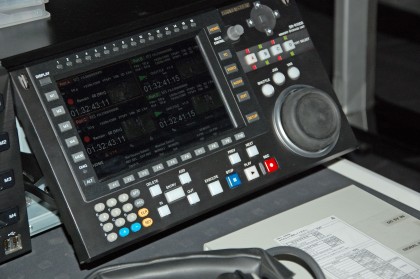
"When I saw the practice pictures it instantly hit me that this is really something quite special and that became more apparent as the game went on," says Mills when we ask him about the impact of 4K.
"We were picking out distinct features of people behind the play - it is so sharp and bright. It was a lot more noticeable than in the early days between SD and HD."
The narrative of the game
Trying to make 3D work for live sport was a tough test, with a whole new directing 'language' to be learned by directors, but Mills suggests that adapting to Ultra HD has been more straighforward - at least so far.
Sign up for breaking news, reviews, opinion, top tech deals, and more.
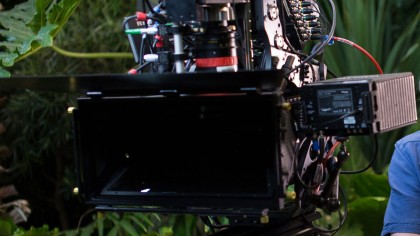
"I was responsible for testing when we first went HD and I also did Sky's 3D coverage when we first started testing that.
"We certainly had problems with 3D - we spent six months testing [and] we only had a couple of rigs to play with.
"We went up and down the country to various reserve games to see what could or couldn't be done, and as the number of cameras grew to four or five quite often we'd start with five and end up with three because a couple would break!
"With Ultra HD we have the four cameras and I expected certain issues to develop during the game but nothing did.
"As we settled on a style of covering the match, the pictures got better and better, and when we started to turn the cameras onto the crowd celebrations, we went: 'Wow, just look at the pictures.'
"You can see details of faces, you can see the smiles and get a real sense of the depth. It just looked really really good."
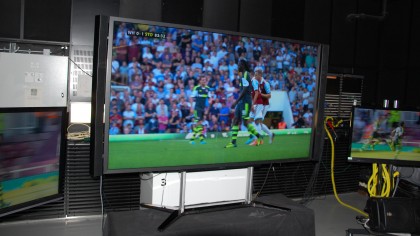
One of the advantages of 4K cameras over 3D is portability, and the time saving compared to setting up with the dual picture system 3D relies on.
"With 3D, we set them up and they took a long time to line up, and then you left them. If you moved them six inches for some reason the whole lineup process had to start again. We learned that we had no flexibility to move them.
"Today [with UHD] we have a handheld camera that we shot an interview with. We unplugged it, rushed it down as it was about to happen and the pictures were all perfect.
"The camera's now ready to see the players walking out and within two minutes it will be back behind the goal. There's a lot more flexibility with Ultra HD cameras than there is with 3D."
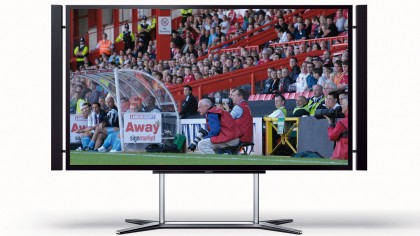
There are, of course, many lessons to be learned when trying out a new technology, and Mills is clearly relishing working out what shots to use as resolution becomes higher.

Patrick Goss is the ex-Editor in Chief of TechRadar. Patrick was a passionate and experienced journalist, and he has been lucky enough to work on some of the finest online properties on the planet, building audiences everywhere and establishing himself at the forefront of digital content. After a long stint as the boss at TechRadar, Patrick has now moved on to a role with Apple, where he is the Managing Editor for the App Store in the UK.